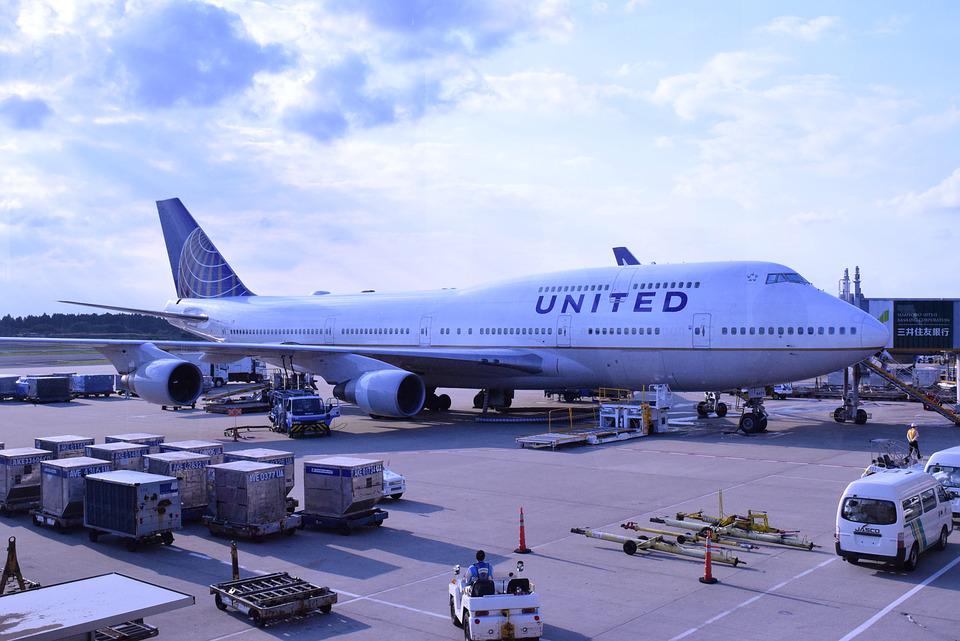United Airlines, while announcing a big first-quarter loss, said Wednesday that it expected record revenue in the coming months, suggesting it had reached a pandemic turning point.
“The demand environment is the strongest it’s been in my 30 years in the industry,” the airline’s chief executive, Scott Kirby, said in a statement. “We’re now seeing clear evidence that the second quarter will be an historic inflection point for our business.”
The airline reported a nearly $1.4 billion loss for the first three months of the year. But it said it expected to collect 17 percent more revenue on a per-seat, per-mile basis from April to June than it did in the same period in 2019. The company also said it expected a healthy profit in the second quarter, despite high fuel prices.
United’s outlook, which it described as “bullish,” drove the airline’s shares up more than 7 percent in after-hours trading. The airline cited a handful of reasons for its rosy projection, including strong consumer demand, operating margins that are nearly back to 2019 levels, rapidly rebounding business travel and the carrier’s expectation of a similar upturn in international travel. United said it expected a profit not only in the second quarter but for the full year.
The optimism comes as little surprise given the industry’s momentum this year. Last week, Delta Air Lines reported that March was its best sales month ever, beating a record set in 2019 despite having 10 percent fewer seats available.
The spread of the Omicron variant of the coronavirus slowed demand at the start of the year, but airlines quickly recovered as consumers began booking flights in greater numbers. Searches for flights within the United States are up about 63 percent from last year, while searches for flights abroad are up more than 100 percent, according to Kayak, the travel search site.
The number of people screened at airport security checkpoints over the past month was down only 10 percent from the same period in 2019, according to Transportation Security Administration data.
The appetite for travel has so far been unaffected by skyrocketing fares, which have been driven in large part by the cost of fuel. The price of an average round-trip domestic flight has risen 40 percent this year, to $330 from $235, according to Hopper, an airfare-tracking app. The company said it expected fares to rise another 10 percent by June.
It is not yet clear whether the end of the mask requirement on planes this week will affect demand.
If United’s forecast for the next few months is borne out, the carrier would make up for its performance over the first three months of the year, when revenue was down about 21 percent and flight capacity was down about 19 percent from the same quarter in 2019.
According to nytimes.com. Source of photo: internet








